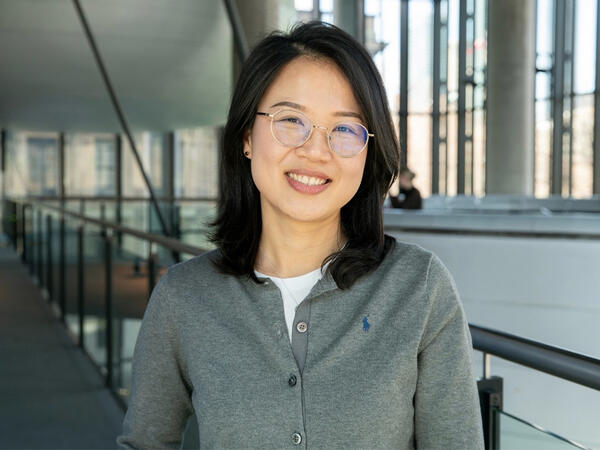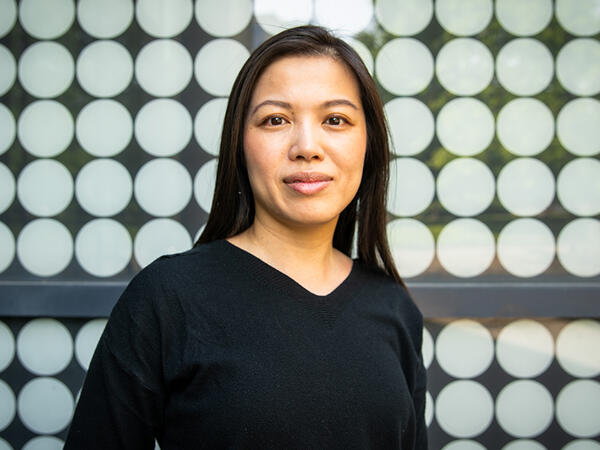What is your academic background and why is this area of research important?
I completed my undergraduate degree in Medical Sciences at the University of Western Ontario. I then joined the Department of Pharmaceutical Sciences as a PhD student under the supervision of Dr. Peter G. Wells. Our lab investigates the mechanisms by which physiological and enhanced levels of reactive oxygen species (ROS) cause birth defects and postnatal neurodevelopmental deficits relevant to autism spectrum disorders and fetal alcohol spectrum disorders. Our research facilitates the identification of toxicological mechanisms of risk, and potentially the development of therapeutic interventions to prevent or mitigate these disorders.
What led you to your current Supervisor’s lab?
During my undergraduate degree, I had very little exposure to the science of toxicology and was barely familiar with the research surrounding ROS. In fact, what initially attracted me to the PG Wells lab was more related to the scientific techniques and approaches they employed rather than the field itself! I was immediately captivated by their established technique of whole embryo culture, whereby mouse embryos are essentially grown in a dish through early stages of organogenesis, outside the confines of the maternal uterus. Very few labs even choose to employ this technique due to the lengthy training required, so I was thrilled for the opportunity.
What are some of the challenges you had to overcome within your research?
My biggest challenge came at the start of my graduate training, where I had to quickly learn not only the fundamental concepts of toxicology but also the literature surrounding our lab’s research focus. The amount of studies relating to ROS alone is astronomical, let alone those exploring its interactions in models deficient in certain proteins or cellular molecules. Furthermore, it was equally important to familiarize myself with the work done within our lab. The PG Wells lab has a long history of biomolecular research spanning multiple genetic knockout animal models and many mechanistically distinct biochemical probes. Understanding the findings of prior investigators in our lab was essential for interpreting my data, and their published theses provided crucial insights and lessons that I can continue to apply and build upon even decades later. I’m not ashamed to say that after well over a year as a PhD student, I still have a tremendous amount more to learn.
How do you see your current research playing a role in your career?
Although I’m still unsure of what exactly I want to do after I graduate, I know that my experiences so far will be invaluable in any career path I choose. Presenting at lab meetings and international scientific conferences has taught me how to communicate clearly and concisely; supervising student research projects has taught me leadership and mentorship skills; working as a teaching assistant has given me confidence in instructing others. Graduate school has provided so many more opportunities than simply collecting and analyzing data, many of which will likely be relevant to my future career.
More News
Image

Grad to Watch: Jackie Fule Liu’s research focuses on better outcomes for diabetes patients
A recent PhD graduate, Jackie Fule Liu combines hands-on skill and big-picture thinking to help tackle diabetes care challenges.
Read More
Image

U of T community members recognized with Order of Canada
Congratulations to Dean Emeritus and Professor K. Wayne Hindmarsh on his appointment.
Read More
Image

Welcoming Ivy Lam as Academic Lead in Climate, Health & Sustainable Care
Assistant Professor Lam will guide the Leslie Dan Faculty of Pharmacy's efforts to embed environmental sustainability across the Faculty.
Read More